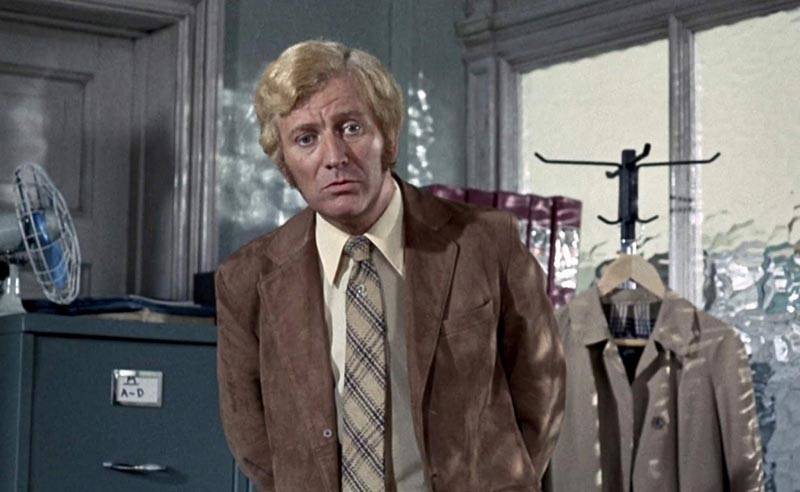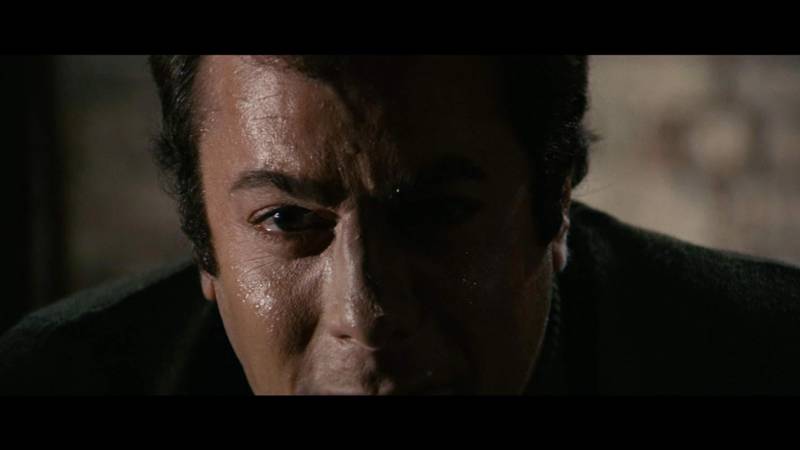Before air conditioning, apartment living in the summer was oppressive, if not downright dangerous. Patricide and fratricide may not have been common half a century ago, but they weren’t unheard of. By the time late August crawled along, anyone and everyone seemed capable of murder.
Strangers were the biggest threat, unsurprisingly. The Boston Strangler, as the newspapers dubbed him, murdered his first blameless woman in July of 1962. Richard Speck’s July 14, 1966 killing spree of eight student nurses in a South Chicago townhouse was even more shocking. Ten years later to the month, David Berkowiz began shooting random New Yorkers (and terrorizing the rest, thanks to the tabloids) in a year‐long horror known as the Son of Sam killings. The Zodiac killer has something to say on the subject, too.
Filmmakers are naturally attracted to crime stories, especially when they involve the collision of innocence and evil, and the spiraling of trust into paranoia. Richard Fleischer’s 1968 take on Gerold Frank’s sensational (in every sense) bestseller, The Boston Strangler (Wednesday, Aug. 21, at the Castro Theatre), marked one of the first times that a major star (in this case, Tony Curtis) was willing to play an unredeemable killer.

Alfred Hitchcock got into the game with 1972’s Frenzy (also at the Castro on Wednesday, Aug. 21), and it may seem natural and inevitable that the prime purveyor of daylight frights would cheerfully expose the mass murderer next door. But there was widespread doubt at the time that Hitch had the stomach and chops to confront both the explicit brutality of real‐world serial killers and the new landscape of blood‐soaked movies.
Coming after several disappointing films suggesting that Hitchcock’s time and talents had passed, Frenzy is an unequivocal masterpiece of character, pacing, audience engagement and (in one perfectly succinct and perfectly horrific sequence) sound design. Most memorably, the movie pierces the facade of male charm to reveal the depths of misogyny in a way that still shocks. It taps into that universal dilemma of urban life, namely the dangerous attraction of strangers, and the even more dangerous anonymity of the strangers we don’t see or meet—until it’s too late.


